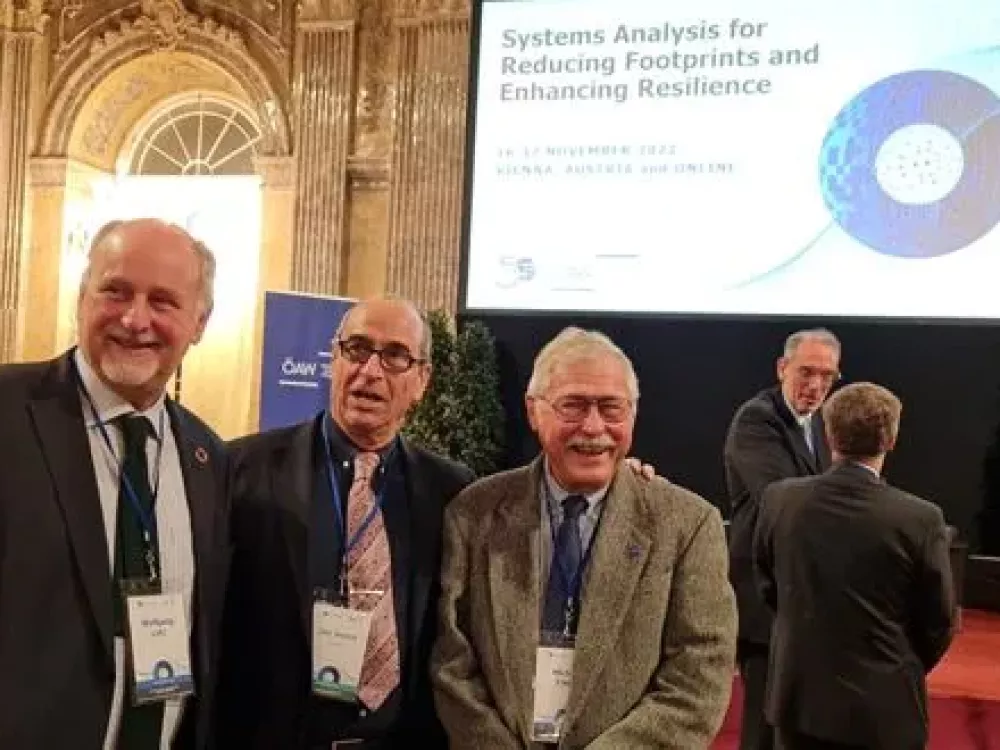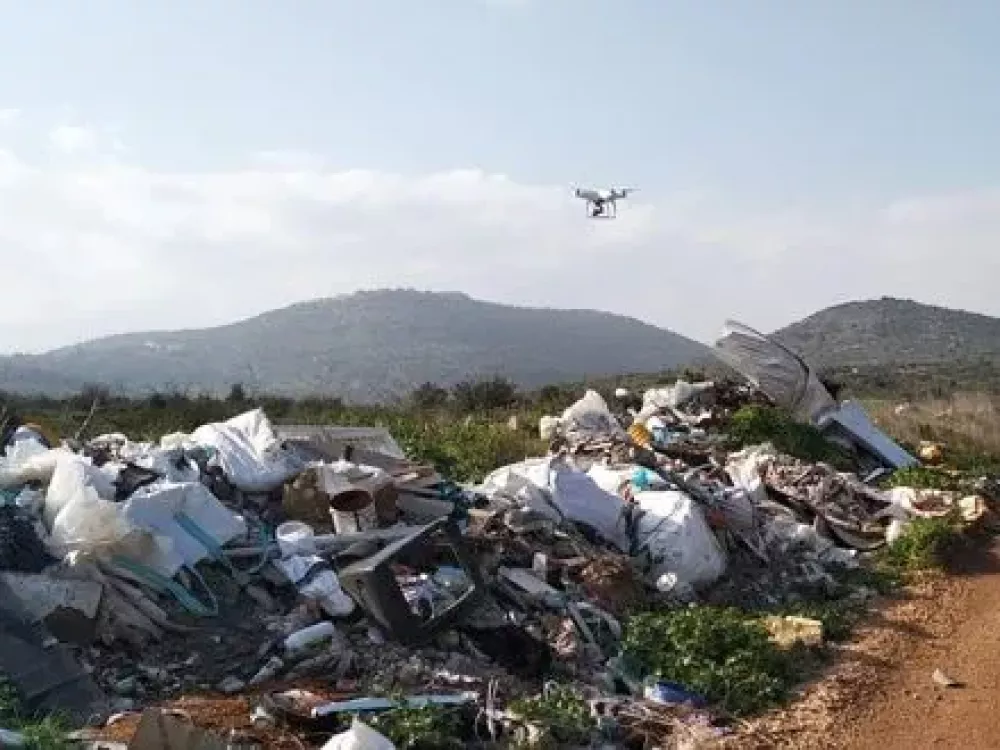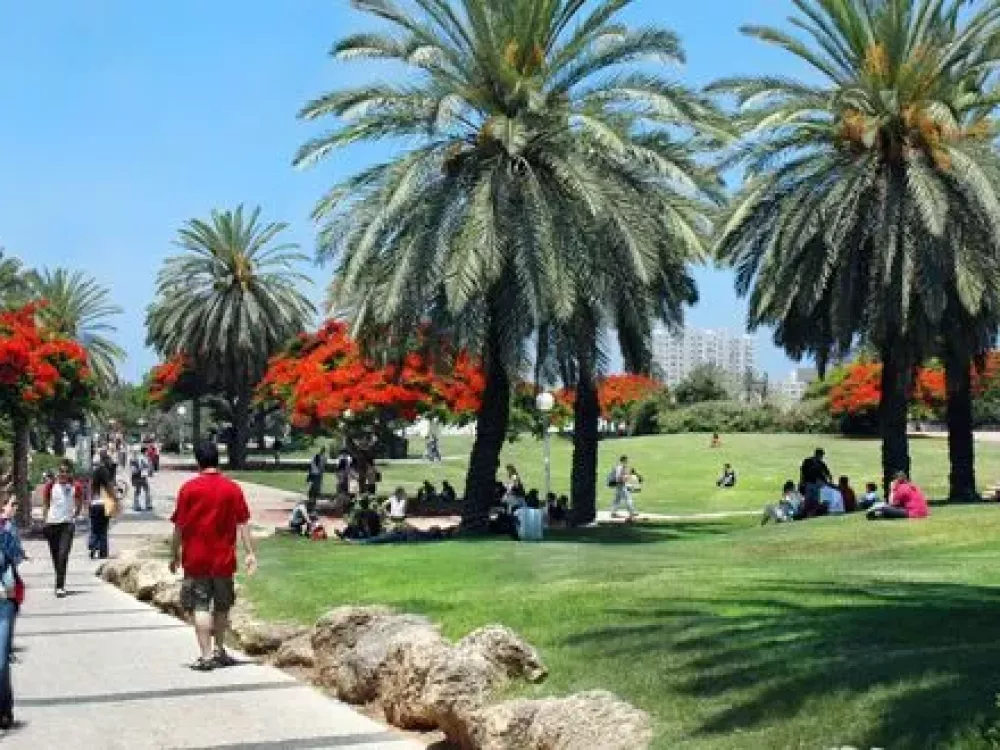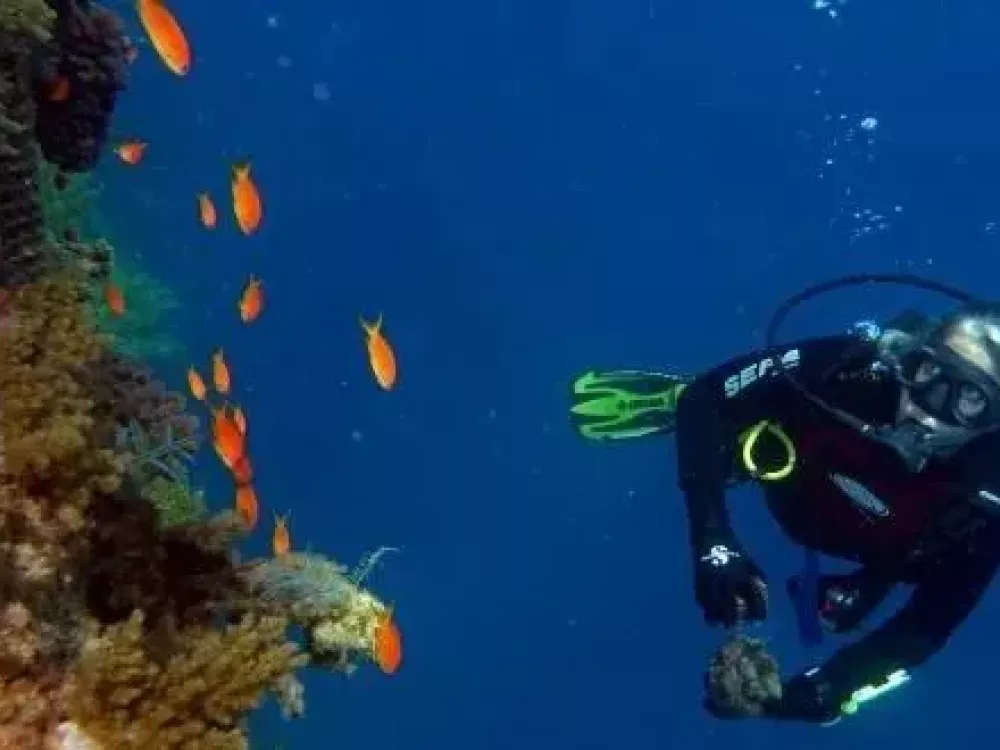
What about the environment?
In an online seminar, Prof. Colin Price connects the dots between two current disasters: the climate crisis and the coronavirus crisis
The coronavirus pandemic caught us off guard. Without any warning, it transformed our daily routines overnight and caused a global shock, which will take a long time to recover from. The climate crisis, on the other hand, has been a subject of discussion for scientists for many years. Are there any points at which these two threats connect? And will dealing with the immediate threat, the coronavirus, also lead to more ecological and considerate behavior towards the environment? Prof. Colin Price, head of the Porter School of Environmental Studies and Earth Sciences, created an online seminar on the topic and called on heads of state to take advantage of the opportunity we’ve been given to save the world from an irreversible crisis which is about to reach the point of no return.
Immediate sacrifice for a long-term solution
Since the beginning of the coronavirus crisis, we’ve realized in a few weeks how much power nature has, and how it can neutralize human systems. Entire populations and sectors have been shut down and defined as high risk, economies and medical systems have been paralyzed, prosperous industries are suddenly at the brink of collapse, disrupted supply chains and more.
“Everyone understands that we have to act swiftly around the coronavirus, in order to achieve a fair, long-term solution,” says Prof. Price, and immediately points out the similarity to an issue we’ve been dealing with for a long time – the climate crisis. “While the Corona crisis is mostly threatening to humans, the effects of the climate crisis, evident in deadly heat waves, huge fires, floods, storms and sea level rise, are hitting a much wider ‘target audience’. Animals, infrastructure, natural resources – everything is under threat. The main problem is that because the climate crisis is not immediate, like coronavirus, and because it’s not personal – it’s not taken seriously enough, and long-term solutions aren’t being considered.”
Professor Price referred to similar points in both crises, including the weight that must be given to the exponential curve of both, the speed with which we have to react in order to stop the destructive effects in time, and the immediate sacrifice that must be made to gain a better long-term outcome for future generations.
Change will be good for us and the environment
“There is no doubt that when we go back to normal after the coronavirus crisis, everything will be different,” says Prof. Price. “I estimate that thanks to online communication, we will see a decrease in the volume of business trips abroad and, as a result, the demand for oil will decrease. People will work more from home and there will no doubt be companies that adopt this format, and will completely give up paying office fees. There will be greater investment in new infrastructure in health systems, distance learning, local manufacturing and more changes that, if examined in the environmental aspect – are undoubtedly friendly to the natural resources we breathe and consume, which we want to protect.”
“If you ask me what we should learn from the current crisis, it’s first and foremost that we should listen to scientists. From the first day the virus broke out in China, they warned that it was an epidemic that would affect the whole world. So should we listen to the scientists who have been studying the climate crisis. I’ve been working in the field for 30 years and I can say for sure – people don’t listen. World leaders don’t listen.”
“We all need to understand the severity of the exponential curve, and understand the cost of our actions for the global village we live in, both on the coronavirus and climate issues. We have to remember that our actions on one side of the world affect people and the environment on the other.”
Lower the level of vulnerability and increase our resilience
According to Prof. Price, the role of governments is critical in managing the world response to both crises. “To reinvigorate the economy at the end of the Corona crisis, we have the opportunity to encourage funding, job allocation and investment in green technologies, for example in the public transport sector, to make it more efficient, cost-effective and green, to provide a more promising future and prevent the arrival of the next crisis.”
“The risk of a crisis, no matter if it’s an earthquake, fire or deadly virus, depends on three main variables: the threat itself, who is exposed to it and what level of vulnerability there is,” Prof. Price explains. “Once we manage to neutralize one of these variables, our chances of getting hurt are smaller.”

Prof. Colin Price
Related posts



TAU to Switch to Sustainable Electricity within Two Years


Microplastics Increase Toxicity of Organic Pollutants by a Factor of 10




